Tim Burton’s Beetlejuice remains one of the most beloved supernatural comedies of all time, and at its heart lies the chaotic spirit who calls himself the “ghost with the most.” But who exactly was Beetlejuice before he became the stripe-suited menace of the Netherworld?
Whether he is designed after the traits of trickster Loki or inventor of lies Hermes, one thing is certain that Beetlejuice is an unreliable narrator.
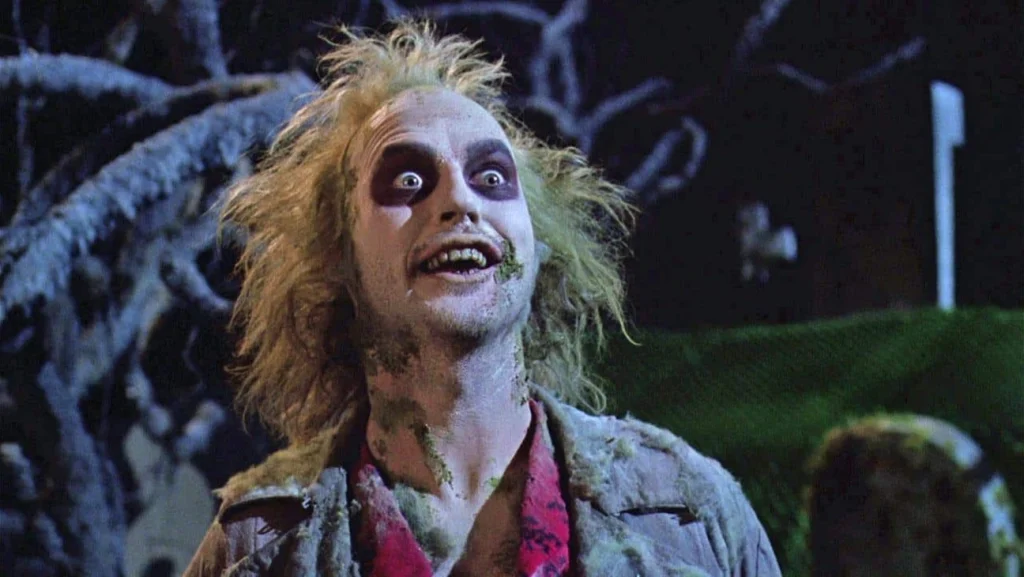 Michael Keaton in a still from Beetlejuice (1988) | Credits: Warner Bros. Pictures
Michael Keaton in a still from Beetlejuice (1988) | Credits: Warner Bros. PicturesThroughout the film, he spins tales and changes his story as easily as he changes his forms, making any direct account of his past suspect at best.
So, trusting him to tell the truth about his origins does not make sense. But the following five are the theories that we can say are true (or are they?). Each one offers a unique glimpse into how this mischievous spirit might have earned his place in the afterlife’s bureaucratic nightmare. Let’s dive into the most intriguing possibilities!
1 The Plague doctor theory
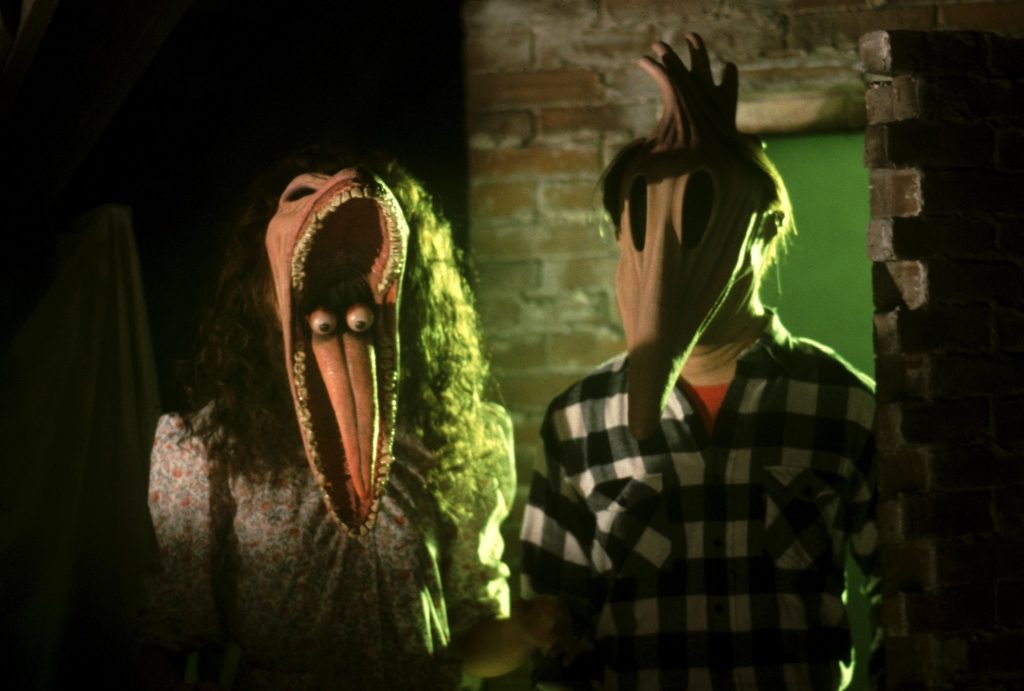 A still from Beetlejuice (1988) | Credits: Warner Bros. Pictures
A still from Beetlejuice (1988) | Credits: Warner Bros. PicturesOne of the most compelling theories could be that Beetlejuice was actually a plague doctor during the Black Death. This would explain his twisted sense of humor about death and his knowledge of various diseases.
His green-tinged skin and rotting appearance could be remnants of his exposure to the plague, while his striped suit might be a corrupted version of a doctor’s formal wear from that era. The theory also explains his fascination with insects, as plague doctors often worked around rats and other vermin.

Also, his knowledge of medieval burial practices and his comfortable relationship with death can be further evidence of this background. The way he treats the dead with a mix of professional interest and dark humor mirrors the historical accounts of plague doctors who developed gallows humor as a coping mechanism.
2 The Salem Witch Trials connection
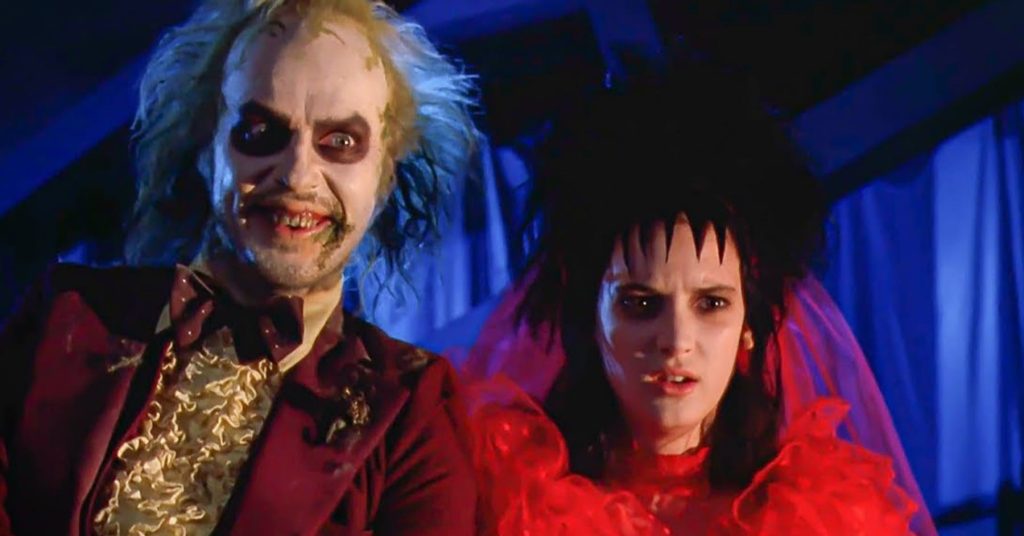 Michael Keaton and Winona Ryder in a still from Beetlejuice (1988) | Credits: Warner Bros. Pictures
Michael Keaton and Winona Ryder in a still from Beetlejuice (1988) | Credits: Warner Bros. PicturesIt is not that difficult to believe that Beetlejuice might have been a con artist during the Salem Witch Trials who met his end after scamming the wrong people. His knowledge of the supernatural and his ability to perform “magic” tricks could have stemmed from his days of pretending to be a witch hunter or spiritual advisor.
This would explain his manipulative personality and his tendency to prey on people’s fears and superstitions. The theory suggests he was eventually executed for his crimes, possibly by hanging, which might explain why his head can spin 360 degrees! His ability to recognize genuine supernatural events, as shown in his interactions with the Maitlands (played by Alec Baldwin and Geena Davis), could come from years of faking ghost sightings and witch encounters.
The theory gains additional credibility from his snake-oil salesman personality and his understanding of how to manipulate religious and superstitious fears. His famous “bio-exorcist” marketing pitch bears striking similarities to the historical accounts of witch-hunters who would offer their services to “cleanse” properties of evil spirits.
3 The failed magician’s tale
 Michael Keaton in a still from Beetlejuice (1988) | Credits: Warner Bros. Pictures
Michael Keaton in a still from Beetlejuice (1988) | Credits: Warner Bros. PicturesEvidence throughout the film hints at Beetlejuice’s showmanship and love for theatrical performances. One possible theory could be that he was a traveling magician in the early 1900s who died during a failed escape act. This would explain his flair for the dramatic, his ability to perform impossible feats, and his tendency to treat death as just another performance.
The theory suggests his signature striped suit was his stage costume, now eternally worn in his afterlife. His knowledge of carnival tricks and sideshow acts, demonstrated when he transforms into a carousel and other carnival attractions, supports this background. The way he treats the afterlife as one big performance, complete with musical numbers and costume changes, aligns perfectly with the personality of a career showman.
4 The Prohibition Era bootlegger
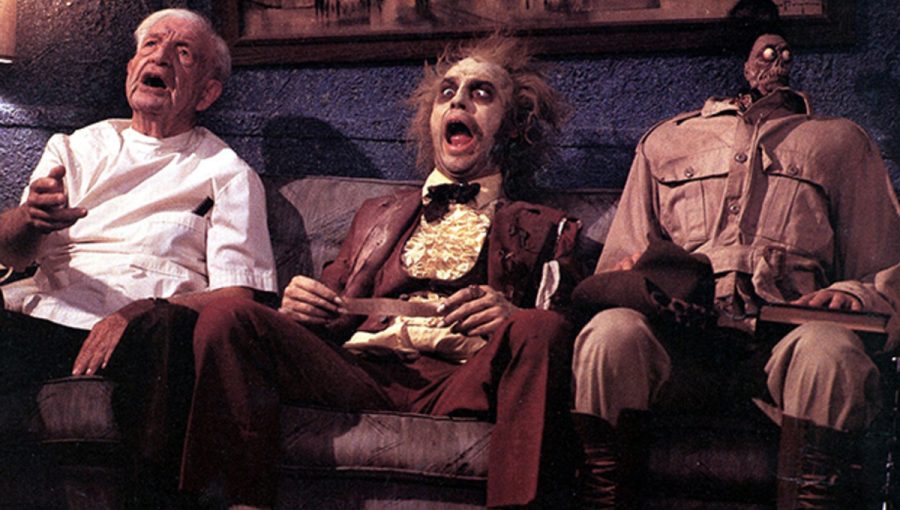 A still from Beetlejuice (1988) | Credits: Warner Bros. Pictures
A still from Beetlejuice (1988) | Credits: Warner Bros. PicturesAnother theory that kind of makes sense is how Beetlejuice’s personality and mannerisms are evidence that he was a bootlegger during Prohibition who met a grisly end. His crude behavior, fast-talking sales pitch, and knowledge of vices all align with the personality of a 1920s criminal. The theory suggests he died either in a police shootout or from drinking tainted alcohol – perhaps explaining his ghoulish appearance and eternal thirst for chaos.
The way he tries to manipulate the Maitlands with promises of easy solutions mirrors how bootleggers would convince speakeasy owners to buy their potentially dangerous products. His knowledge of the seedier side of life and his comfort in dealing with both the high-class (the Deetzes) and the lowlifes of the afterlife further supports this theory.
5 The Civil War deserter
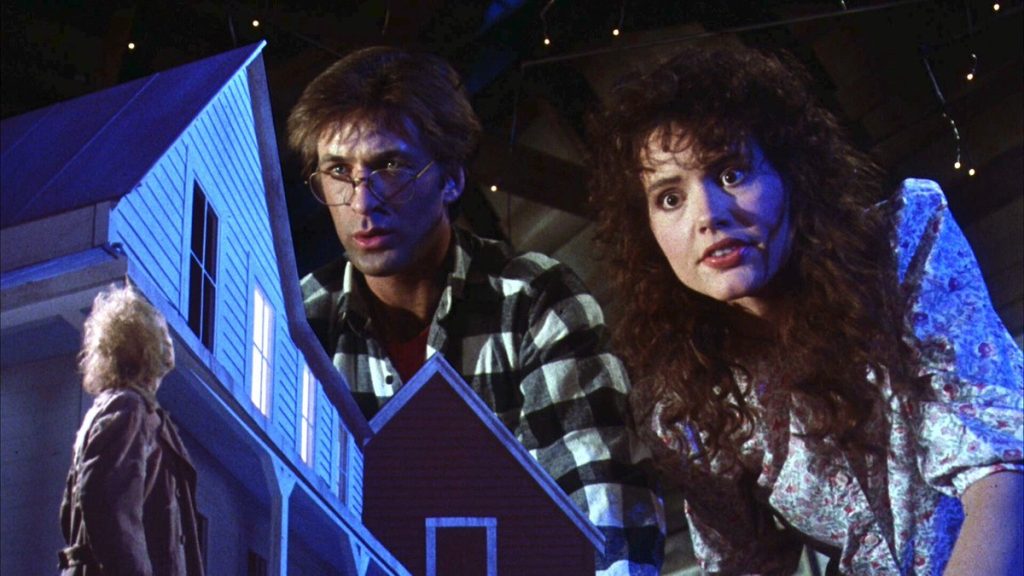 Michael Keaton, Alec Baldwin, and Geena Davis in a still from Beetlejuice (1988) | Credits: Warner Bros. Pictures
Michael Keaton, Alec Baldwin, and Geena Davis in a still from Beetlejuice (1988) | Credits: Warner Bros. PicturesThe final theory suggests Beetlejuice was a Civil War deserter who died in the wilderness while trying to escape his unit. His knowledge of ancient burial grounds (as seen in his interactions with the Maitlands) might come from his time hiding in old cemeteries. This theory explains his distrust of authority and his ability to navigate between the world of the living and the dead.
His survival skills in the afterlife and ability to adapt to harsh conditions could stem from his time as a fugitive. The theory also explains his extensive knowledge of New England geography and history, as many deserters would have needed to become familiar with local landscapes and legends to survive. His tendency to switch allegiances and manipulate both sides (the Maitlands and the Deetzes) mirrors the complex loyalties of Civil War deserters who often had to play both sides to survive.
The mystery continues
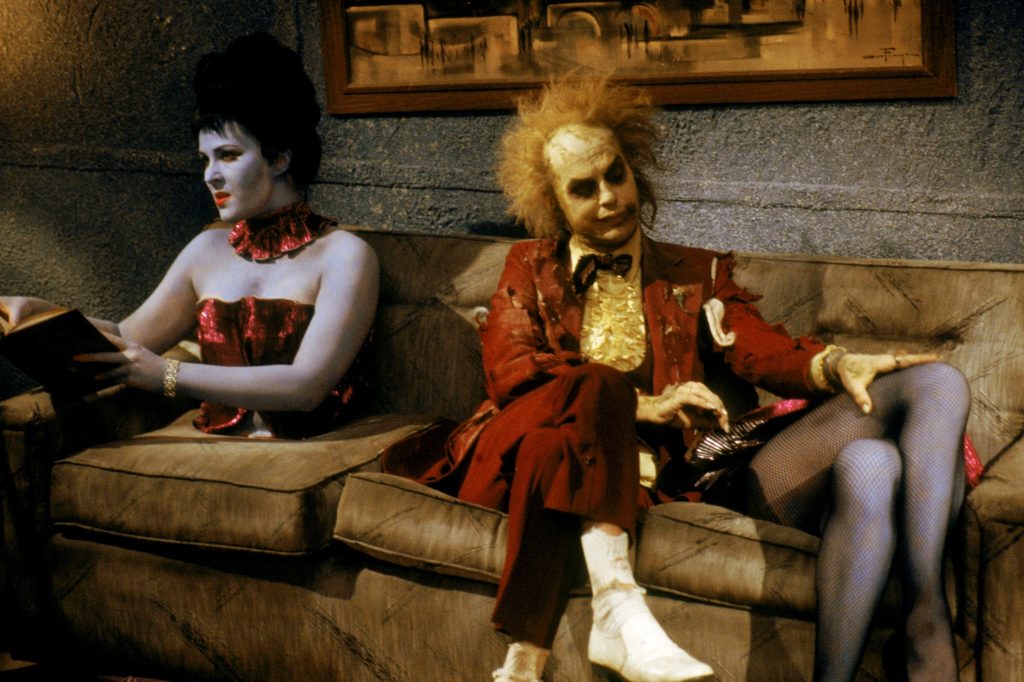 A still from Beetlejuice (1988) | Credits: Warner Bros. Pictures
A still from Beetlejuice (1988) | Credits: Warner Bros. PicturesWhile we may never know the true story behind Beetlejuice’s demise, these theories add fascinating layers to his character. The beauty of leaving his backstory mysterious is that it allows fans to imagine endless possibilities about how this chaotic spirit came to be the “ghost with the most.” His contradictory nature and unreliable narration only serve to make these theories more intriguing, as each one could explain different aspects of his complex personality.
Whether he was a plague doctor, a con artist, a failed magician, a bootlegger, or a deserter, one thing’s certain: Beetlejuice’s mysterious past only adds to his enduring appeal as one of cinema’s most memorable supernatural characters. What do you think about these theories? Do you have your own ideas about how Beetlejuice met his end?
You can watch the classic Beetlejuice (1988) on Netflix, or you can stream its sequel on Prime Video. Just remember one thing: Say his name three times at your own risk!
.png)
 1 week ago
15
1 week ago
15
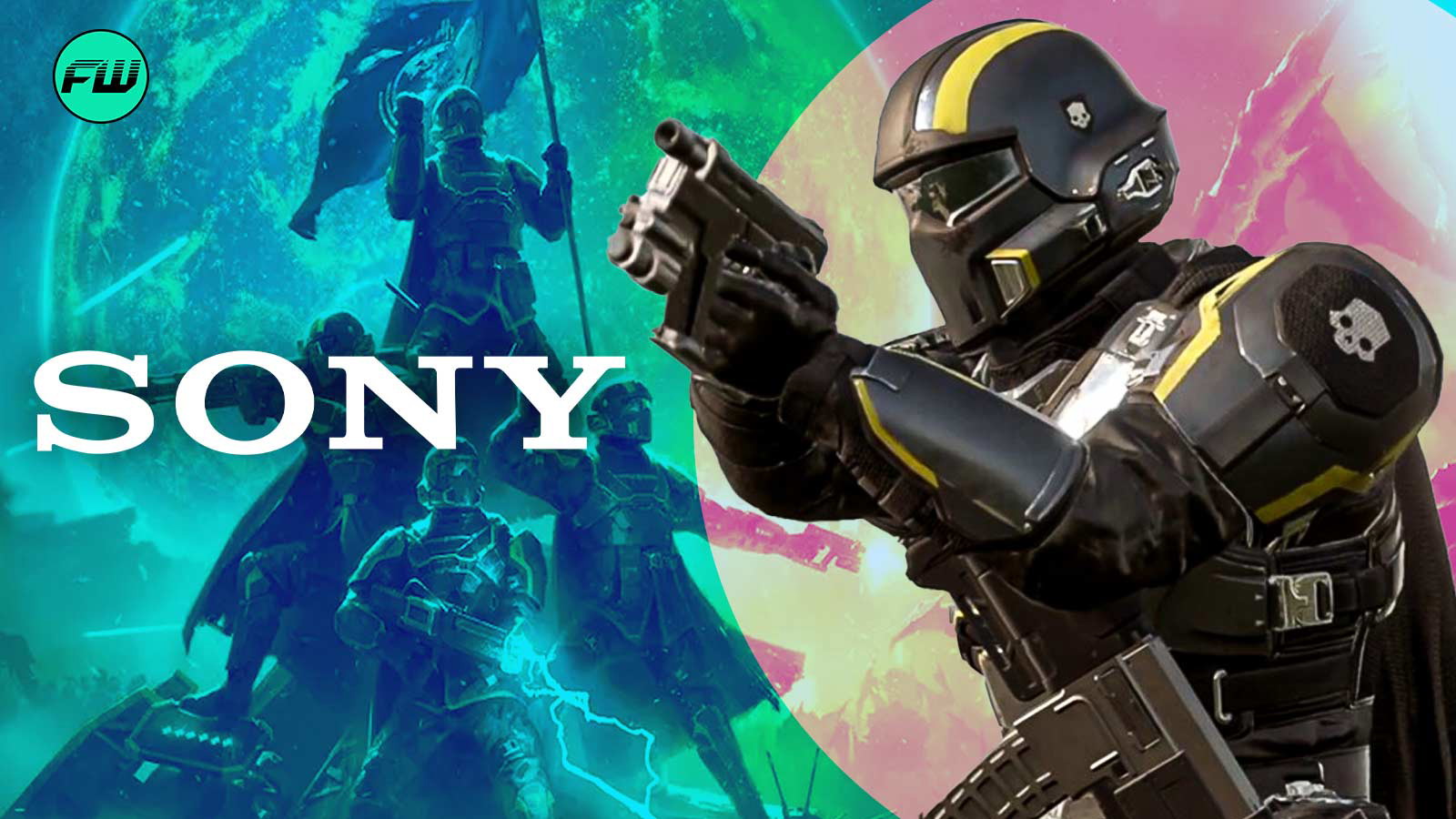
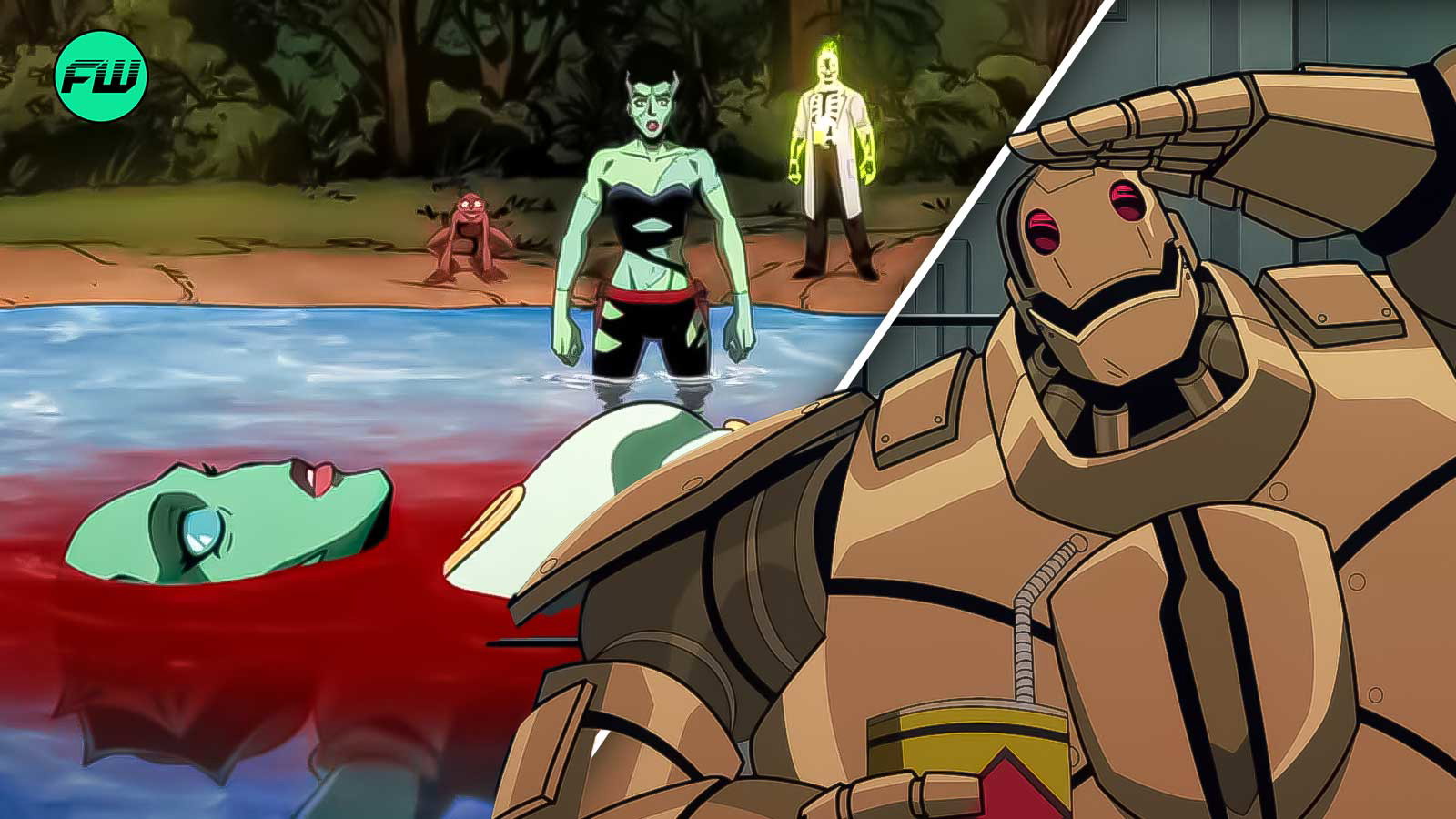

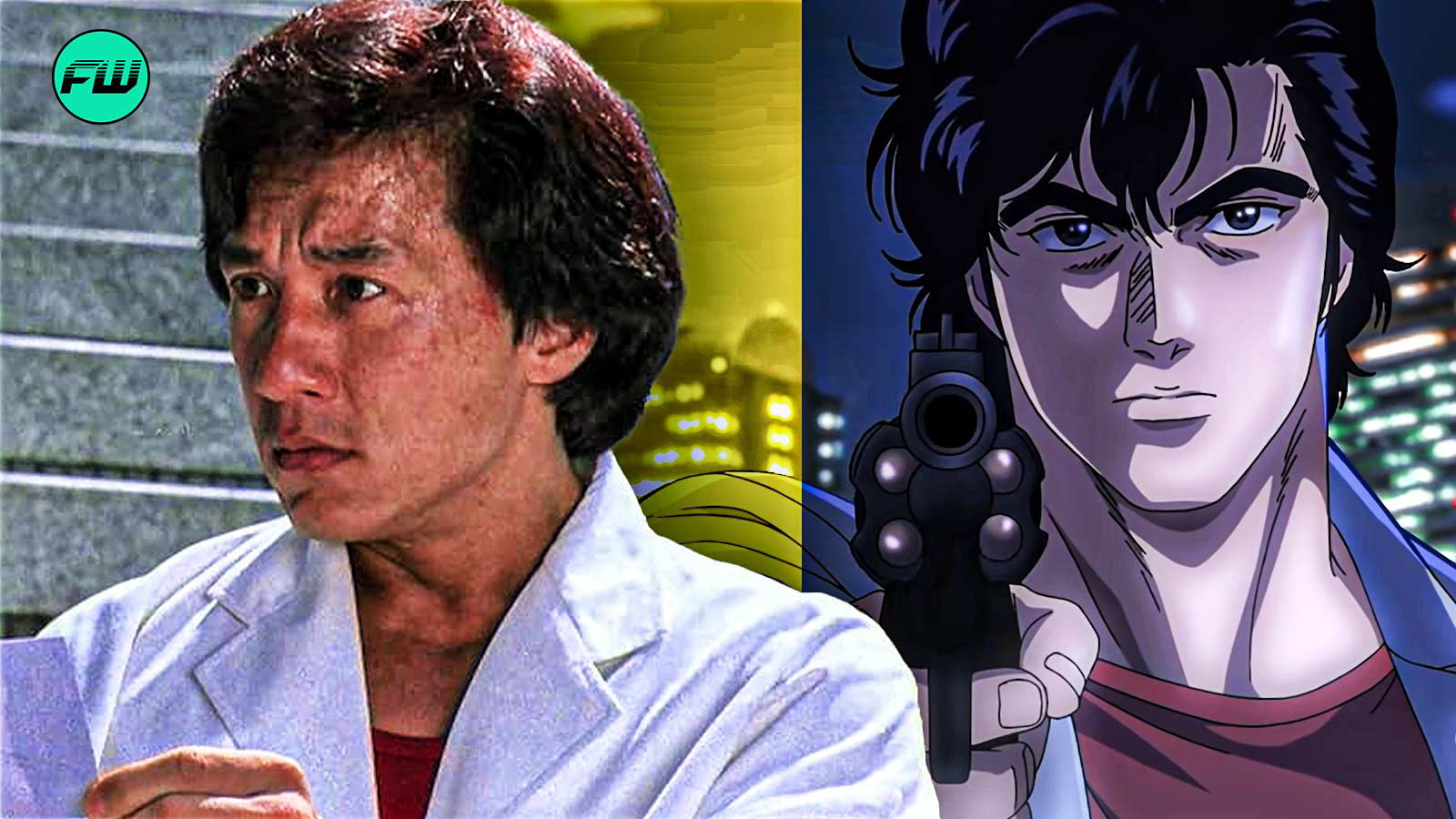


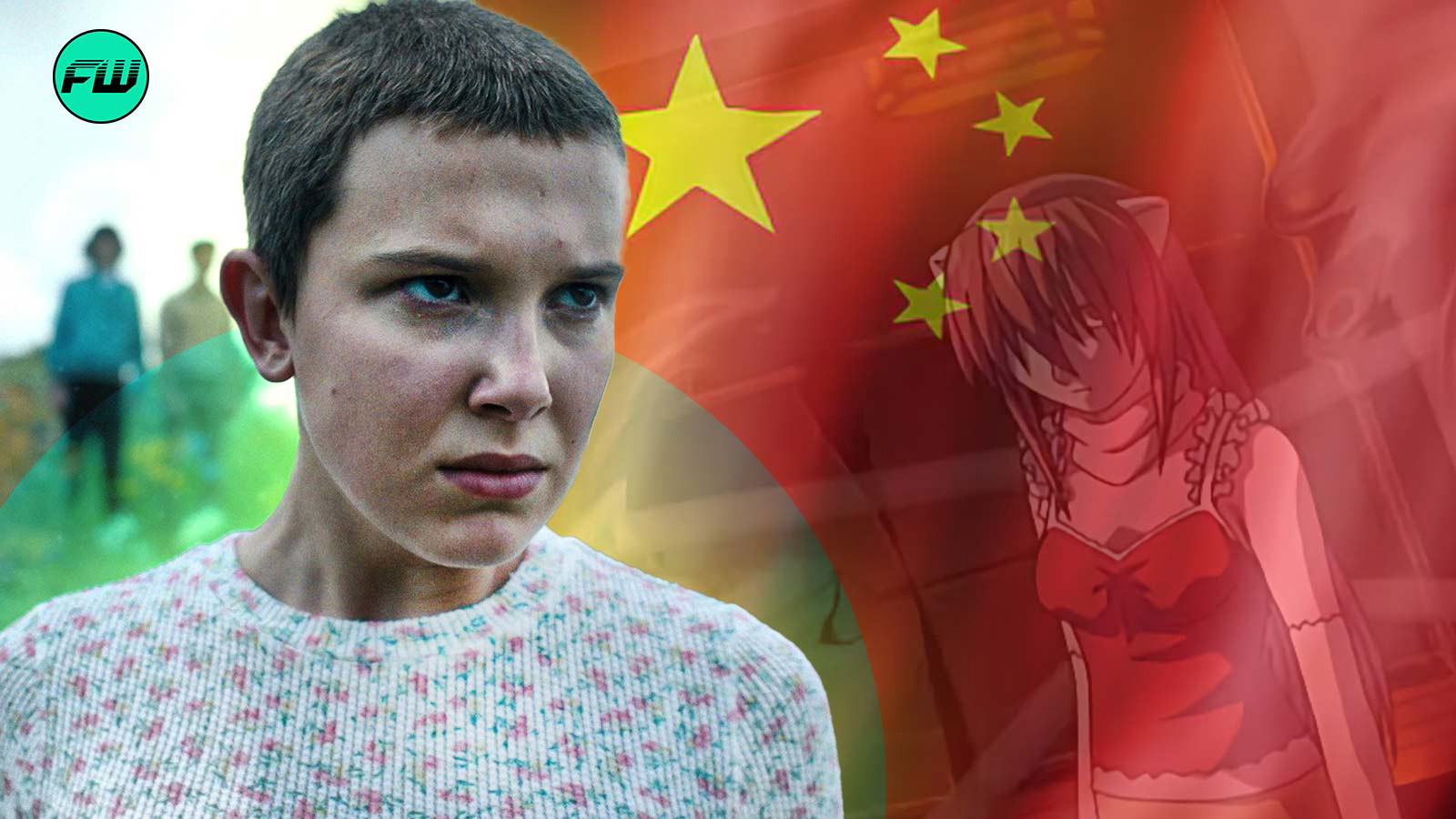
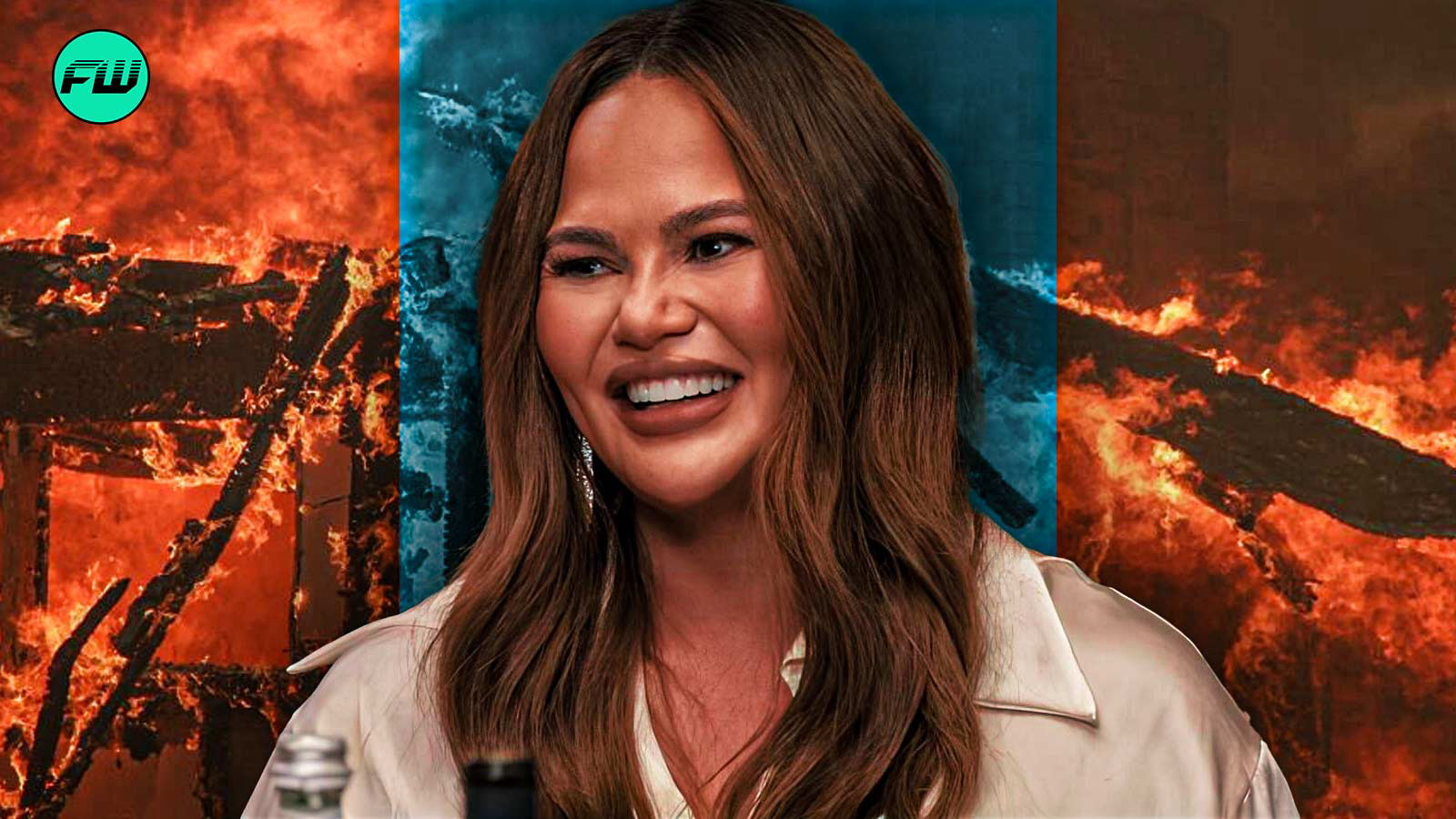

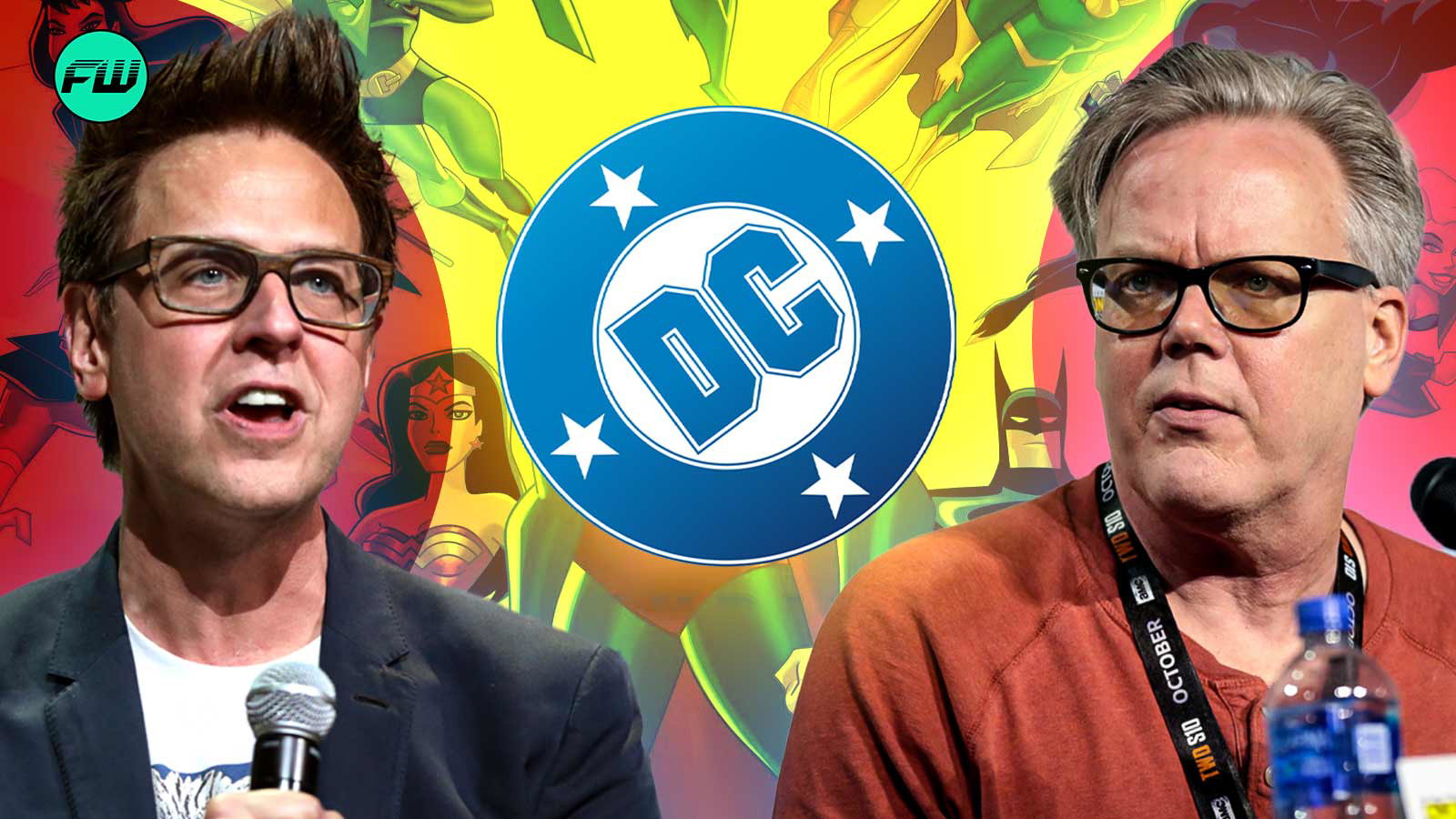

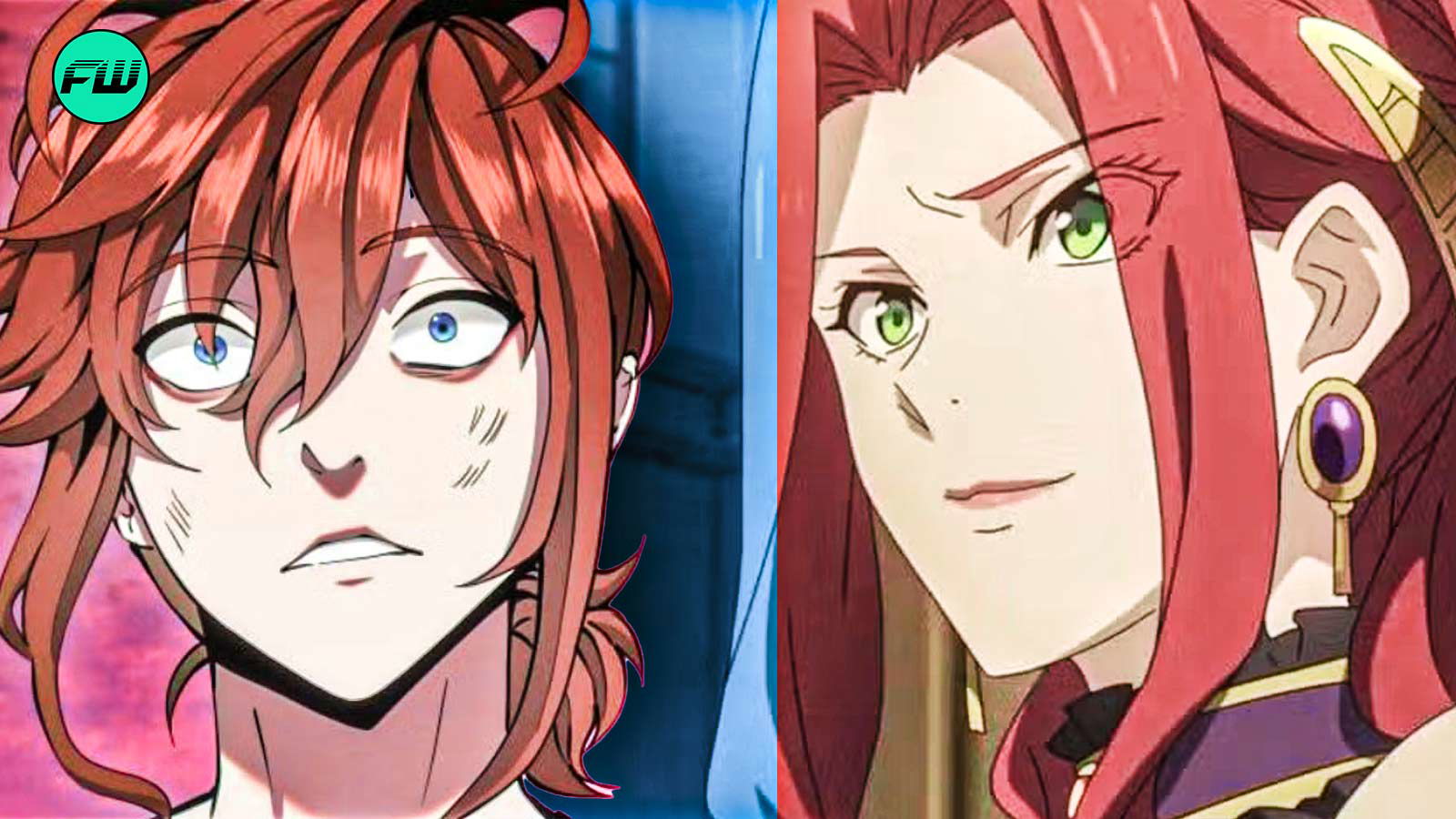






















 Bengali (BD) ·
Bengali (BD) ·  English (US) ·
English (US) ·